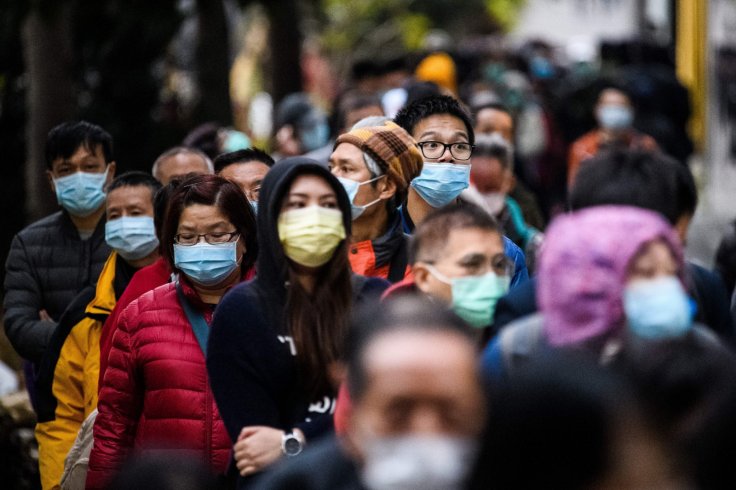A new study by Chinese scientists has revealed that the new Coronavirus may be producing defective, "dummy" particles, causing some people to test positive for the COVID-19 without showing any symptoms.
It is claimed that around 20 percent of the novel Coronavirus cases are asymptomatic and some researchers are concerned that these "silent spreaders" are playing a key role to trigger outbreak around the globe. For example, an infected individual in the southwestern Chinese city of Chongqing tested positive for 45 days. While the patient was admitted to the hospital, he showed no sign of illness. So there is a possibility that there would be other asymptomatic people, who are carrying and spreading the virus without their knowledge.
In countries like Iceland and South Korea, researchers identified people infected by the novel Coronavirus without discernible symptoms. As per the scientists, it is possible that the number of silent carriers is greater than recorded.
Do We Need to Worry About Silent Spreaders?
Scientists could not reveal why some people show no symptoms. But researchers now said that these cases need not be cause for great concern. As per a non-peer-reviewed paper, published in bioRxiv platform, a research team led by Professor Li Lanjuan from the State Key Laboratory for Diagnosis and Treatment of infectious Diseases at Zhejiang University has discovered that a cell infected by the virus could extricate a large number of unknown particles.

As per the findings, the particles had incomplete Coronavirus genes and were not encased in protective membranes. The study revealed that while some of them looked similar to other normal viruses, many were found to have irregular shapes.
This is the first time scientists have noticed such a particle near a cell infected with the virus. Even though there is no clarity on what actually these particles were, the lead researchers Li, who proposed the lockdown of China's COVID-19 epicenter Wuhan in late January, suspected that these were Defective Interfering Particles (DIP), which are inaccurate copies the virus make when replicate.
The scientists explained that the novel Coronavirus stores its genes in a single-stranded, loose ribonucleic acid which is prone to replicate errors including loss of protein-related genes. Li and her fellow researchers at Tsinghua University in Beijing said in the study paper that there was a minor deletion in the genome and a massive quantity of the particles, which could "explain for the asymptomatic infection on the molecular level."
Concerns Around Spread of the Coronavirus
While some scientists have claimed that such symptom-free carriers could be the initial cause of a surge in COVID-19 cases in some countries, as of now, no evidence of viral reproduction from these cases has been found. But the concerns are still there which have forced the World Health Organization (WHO) to withdraw their April statement that asymptomatic patients were unlikely to spread the Coronavirus.

But an unnamed epidemiologist at the Chinese Academy of Sciences in Beijing said, "The new discovery may throw the WHO a lifesaver to get out of the hot water" and added that the new study may have raised more questions about the Coronavirus and silent spreaders. However, in the new research paper, Li and the team of experts said that a very minimal amount of full viruses were detected with the particles.
It also came under the spotlight that as per some evidence, a dominant viral strain of new Coronavirus circulating in Europe and the US was more infectious than those in China because it includes more spike proteins. Li said that on an average each Coronavirus had 26 spike proteins, which allow better bonding with human cells. That is hardly the same as HIV, but it doesn't mean that the novel Coronavirus is less infectious.









